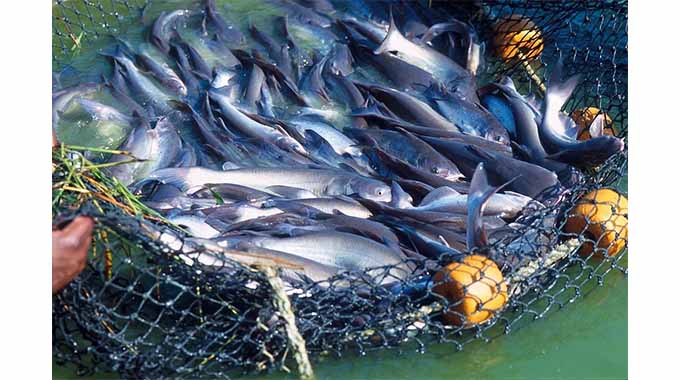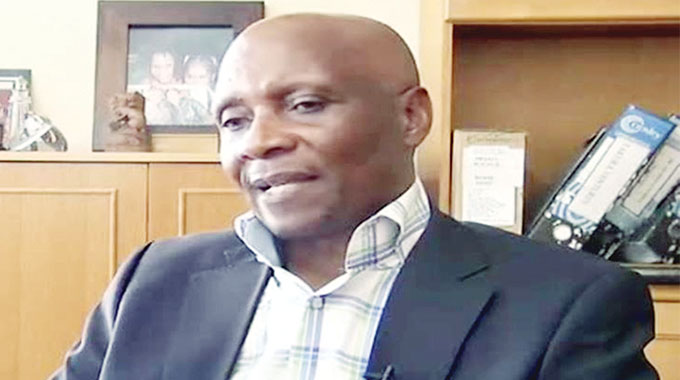LATEST: Cold storage infrastructure key to fisheries growth

Sikhulekelani Moyo, Business Reporter
THERE is an urgent need to develop adequate cold storage and transportation infrastructure to unlock the huge commercial potential in the fisheries sector, a senior Government official has said.
The fisheries and aquaculture subsector is expected to play a key role in transforming livelihoods under the agriculture revolution, with the Government keen to ensure maximum use of the massive water bodies dotted around the country.
In an interview on the sidelines of a recent wildlife policy review launch in Bulawayo, national coordinator for environment, climate and meteorological services in the Ministry of Environment, Climate and Tourism Industry, Mr Prosper Matondi, said they were working closely with the Ministry of Agriculture to strengthen the fishery value chain and unlock wider potential.
Mr Matondi said the fishery department need to be capacitated with equipment so as to improve the cold supply from producer to consumer.
“The shortage of infrastructure is the reason why the fish industry does not have many people as they lack proper infrastructure and that is very expensive for the producers to establish and maintain their own cold storage,” he said.
“Fisheries and aquaculture resources can be developed and well managed for sustainable use and value-chain development initiatives in assistance to improve the livelihoods of people.”
The shortage of cold storage infrastructure gap has been blamed for the imposition of prices by buyers who take advantage of producers.
“People travel from different parts of the country to buy fish from fishers who are usually located at the dams and buyers impose their own prices,” said Mr Matondi.
“Fish producers cannot price their own products because if customers refuse to buy the fish, then they run a loss as they do not have infrastructure to keep their fresh products.
“The demand of fish is always high and during winter the production of fish tends to be very low and that influences prices and to fight that, cages fishery should be improved.”
Policies governing the development, control and management of fisheries in Zimbabwe are embedded in the Parks and Wildlife Act (Chapter 20: 14 of 1996, as amended). Speaking at the same event, Dr Cecil Muchena, a consultant who was responsible of running the wildlife policy review programme said: “sea harvesters need to be educated on fish identification so as to protect exotic fish as this can help in improving fisheries and aquaculture in Zimbabwe.
“They should be trained on new species to promote growth of the industry and now species like cray fish goes for US$9 per kilogram, which is very good for the economy,” he said.
Dr Muchena said business management and value edition should also be taught to fish producers so as to double their production. Under the Second Republic, President Mnangagwa has adopted policies to attract the youth to farmig in line with the National Development Strategy 1 (NDS1) and Vision 2030.
The aim being to transform the country into an upper middle-income economy. In January, President Mnangagwa expanded the Agriculture Ministry to Lands, Agriculture, Fisheries, Water and rural Resettlements by setting up a new department as part of preparing and implementing a Comprehensive, National Fisheries Industry Development Plan.
The new department, Fisheries and Aquatic Resources, is set to spearhead the development, expansion and necessary regulation of fisheries.
-SikhulekelaniM1











Comments